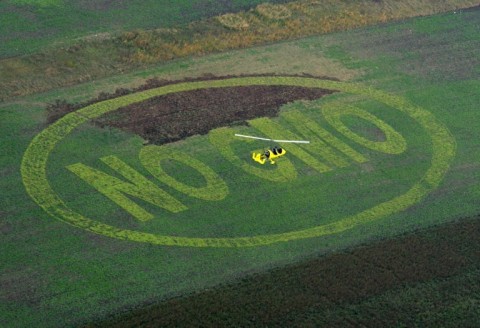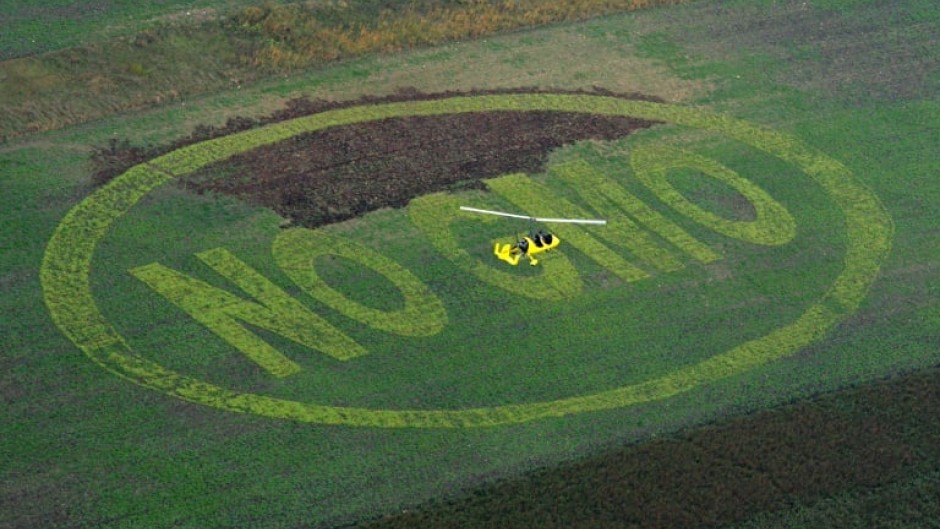
BRUSSELS - The European Commission will on Wednesday put forward a proposal to ease current restrictions on genetically modified crops, which is already being denounced by environmental groups and leftwing lawmakers.
The plan could create a new frontline in the EU's Green Deal, elements of which centre-right European lawmakers are already seeking to stall, arguing they would harm farmers.
The commission says the rules on GMOs (genetically modified organisms) need to be relaxed to grow crops that require fewer pesticides, are better adapted to climate change and need less water.
It wants to allow gene editing within a plant's existing DNA -- which is different from transgenic techniques that introduce a foreign DNA strands and create a distinct species.
"Plants produced by new genomic techniques can support sustainability," EU health commissioner Stella Kyriakides said in April.
"We are designing a regulatory framework that will strongly signal to farmers, researchers and industry that this is the way forward in the EU," she said.
In this area, the commission wants to reduce the tough restrictions that apply to GMOs, which include authorisations, labelling and monitoring.
The text of the project, seen by AFP, calls for the existing GMO rules to not apply to genetically edited crops where the modifications could have come about naturally or through traditional blending procedures of plant species.
Such new crops would be considered "equivalent" to conventional varieties, subject to conditions on the type and number of mutations, a publicly accessible listing, and labelling for the sale of seeds.
No produce coming from these new genomic techniques (NGT) will be able to carry the "bio" label however, and those with herbicide properties would be excluded from the light-touch regulatory approach.
Those that are pesticide resistant would remain in the restrictive regime governing GMOs.
Brussels currently has received 90 authorisation requests for NGT crops, a third of which are in advanced research stages.
A few have reached the level of testing in open fields, such as corn in Belgium and potatoes in Sweden.

